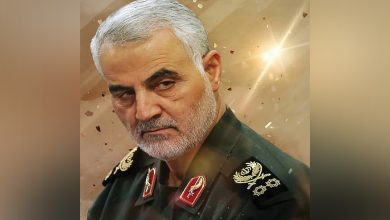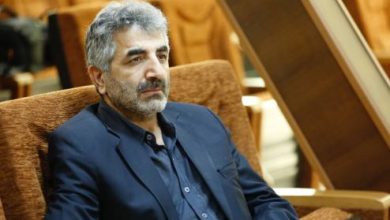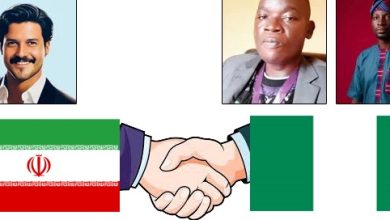Statement by the President of the Iranian Federation of Energy Exporters on the Crescent Case

 Hamidreza Salehi, President of the Federation of Energy Exporters of Iran:
Hamidreza Salehi, President of the Federation of Energy Exporters of Iran:
The news of the court ruling in the Crescent case and the opposing party’s attempt to seize one of Iran’s key buildings on Victoria Street in London has once again brought the various dimensions of this case into the public spotlight, sparking widespread discussion and debate. According to the content of the Crescent contract, which was signed during the reformist government, Iran was to sell part of its excess gas capacity to the Emirati side, thereby gaining a significant role in regional energy developments.
However, over the nearly three decades since the suspension of this contract, not only has no gas been exported by Iran—leading to billions of dollars in lost national investment—but Iran’s credibility has also been damaged, and the opportunity to make neighboring countries dependent on Iranian energy has vanished. Such losses occur in Iran under conditions that would be inconceivable anywhere else in the world, where political or factional disputes are never allowed to interfere with issues tied to national interests. Yet in Iran, political groups play games with national interests without any effective oversight or accountability.
Everyone acknowledges that if the Crescent contract had proceeded normally, Iran would have seen a significant increase in investment opportunities in its energy sector. Furthermore, it would have generated considerable foreign currency income for the country while strengthening Iran’s relations with its neighbors—both economically and in terms of security.
In addition, other countries would have become dependent on Iranian energy, allowing Iran to play a leading and influential role in the region’s energy landscape. Iran could have become a key energy player in the Middle East and Central Asia, even helping to set gas prices across the region. However, due to strategic mistakes, Turkey has now assumed that role instead. Iran could have been the main energy corridor both from north to south and from east to west, but political infighting sidelined the Crescent deal and deprived the nation of its benefits.
Matters deteriorated to the point where Iran was condemned in international courts, and its assets abroad were seized. The damages assessed by the court have placed Iran in a losing position, resulting in rulings for the confiscation of Iranian companies and properties. These assets are the wealth of the Iranian people, yet they have become tools in the hands of political factions. No supervisory body has pursued the issue seriously. In principle, national interests should stand above political disputes—but in Iran, the people’s interests have become a casualty of factional power struggles.
Let Crescent become a lesson—an example of how development in this country must be separated from political games. One must ask why successive Iranian governments have failed to reach an agreement with the UAE sooner and revive this contract. It could have been reactivated. I hope President Pezeshkian’s administration places this matter on its agenda and opens new opportunities in the energy sector.
It is still possible to negotiate with the UAE and settle the case. Iran entered into a deal that was later canceled for various reasons, but we should have worked to persuade and satisfy the other side. With Iran’s vast oil and gas resources, it would not have been difficult to convince the UAE and revive the project. The private sector could also have been engaged to help meet the UAE’s gas needs.
Any patriotic Iranian feels dismayed that so much time has passed without effective action. Iran should have assembled a specialized negotiation team and an expert legal task force to resolve the matter. Although the Crescent case has inflicted heavy losses on Iran, let it serve as a reminder that cases involving national interests must remain separate from political, factional, and power-related disputes.
🔹 Proposal by the President of the Federation of Energy Exporters of Iran:
The private sector and the Federation of Energy Exporters of Iran are fully prepared to work with the government, the Ministry of Petroleum, and the diplomatic apparatus to develop a comprehensive, expert, and mutually beneficial solution for both sides. We believe that through dialogue, transparency, and economic engagement, this case can be transformed from a legal conflict into a platform for cooperation.
Relying on its vast energy resources, Iran can regain its rightful position in the global energy market. Let us turn the bitter experience of the past into a bridge toward a brighter future—one in which national interests prevail over divisions, and economic rationality guides the country’s major decisions.







